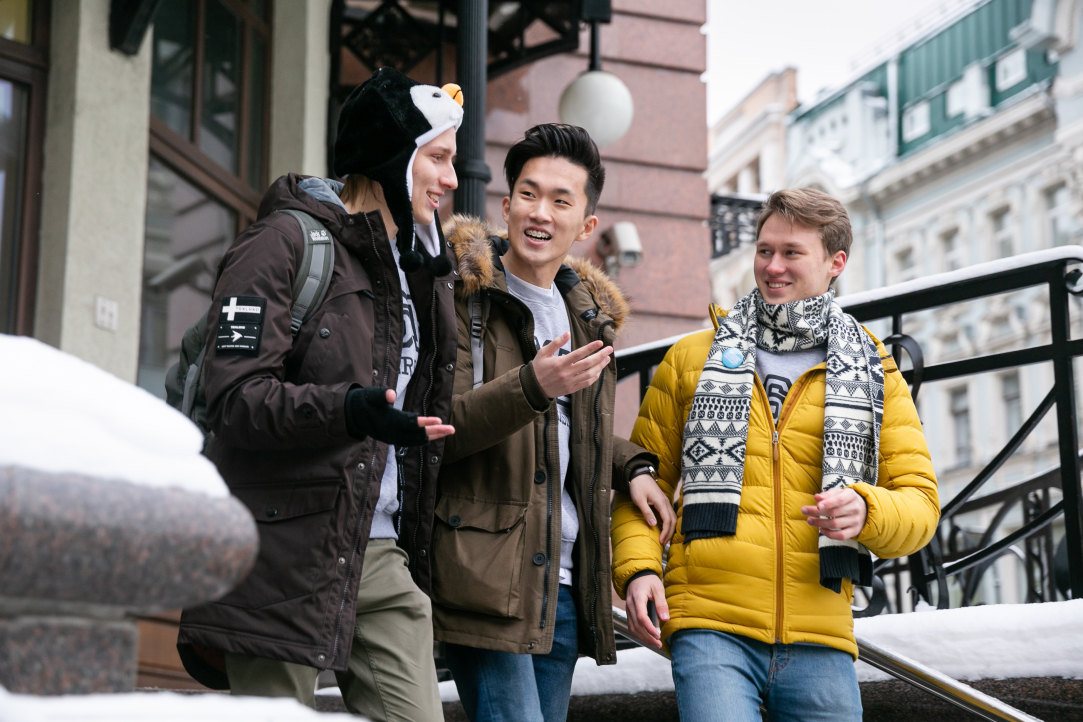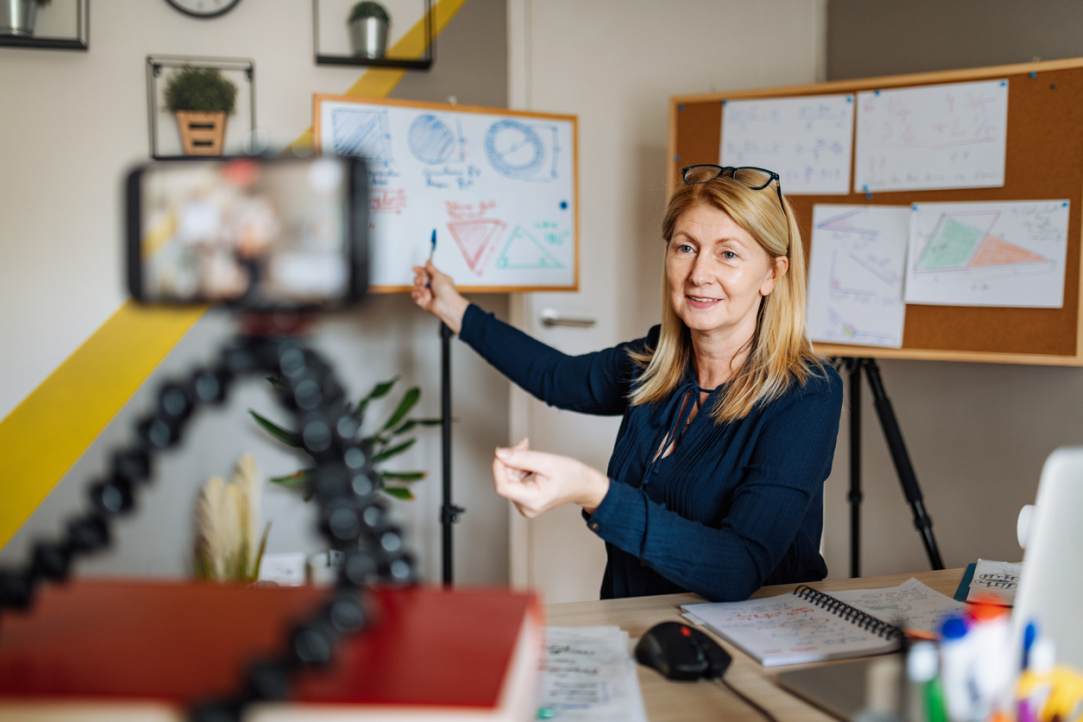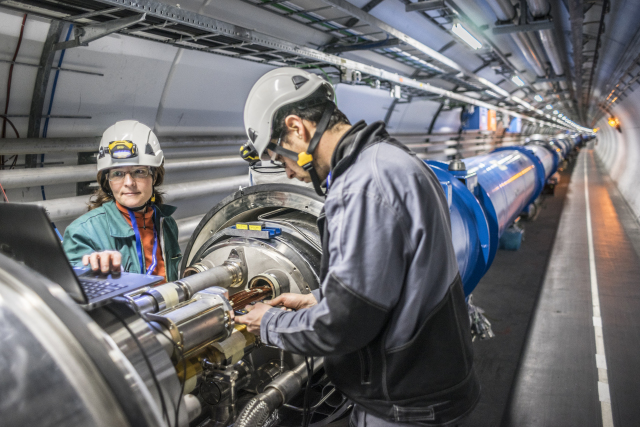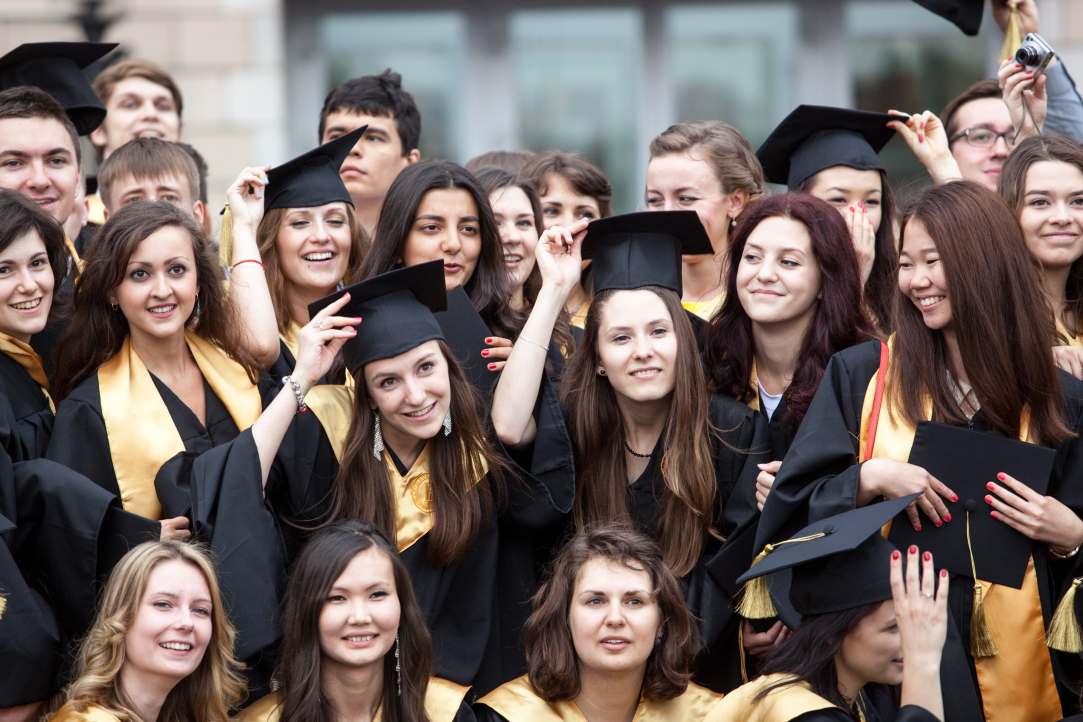
New Opportunities for International Applicants: Get to Know HSE University Online
The universal transition to online learning has opened new opportunities for international applicants to get to know HSE University. Below, Deputy Vice Rector Marina Kozak outlines the programmes and opportunities available at HSE that help applicants choose an educational track and assess their capabilities.
.jpg)
Key Takeaways of eSTARS: Higher Digital Education
Students need digital skills, both in life and in their future work. But many universities are not yet ready to provide students with them, despite the current circumstances in which universities have had to transition to online learning due to the COVID-19 epidemic. The development of online formats has been uneven: there are bright leaders and the rest modestly ‘stand aside’. They lack resources, confidence in digital education, and a regulatory framework. At the eSTARS International Conference organised by HSE University in partnership with Coursera, experts discussed the challenges of digitalisation in higher education.

Home Study or Home Suffering? Lessons of the Pandemic for Primary and Secondary Education
Online learning for schoolchildren — a temporary solution authorities have implemented due to the COVID-19 epidemic — has generated a lot of heated debate. Families worry about the quality and outcomes of online learning, and teachers worry about the excessive workload. School heads have their own headache about how to organise the remote learning. A year has passed since the start of the pandemic, and students have been attending their classes online since March — it is already possible to take stock and look at the situation in a comprehensive and impartial manner, which is what a team of HSE researchers has done. Here are the main results of their study and their proposed solutions to the most pressing problems.

HSE Researcher Appointed Coordinator in Large Hadron Collider Experiment
Mikhail Guschin, Research Fellow at the HSE University Laboratory of Methods for Big Data Analysis of the Faculty of Computer Science, was appointed coordinator of the machine learning and statistics working group in the LHCb Large Hadron Collider experiment at CERN (the European Organization for Nuclear Research). He will be the only representative of a Russian University among the coordinators for the experiment’s working groups.

Master's Programme Applicants Can Register for Preliminary Interviews and Portfolio Evaluations
International prospective students applying for Master's programmes at HSE University can now get a jump start on the admissions process and get a sense of their chances of being accepted to HSE. There is no need to wait till summer or to come to Moscow.

A Biased Evaluation of Employees’ Performance Can Be Useful for Employers
In assessing an employee’s performance, employers often listen to his immediate supervisor or colleagues, and these opinions can be highly subjective. Sergey Stepanov, an economist from HSE University, has shown that biased evaluations can actually benefit employers. An article substantiating this finding was published in the Journal of Economic Behavior and Organization.

Building Bridges between Knowledge and Society and Making Policy More Effective
On December 4, the International Advisory Board of the Institute for Statistical Studies and Economics of Knowledge of HSE University met for its annual meeting. It was an anniversary event, as was the X Foresight Conference that preceded it. Largely thanks to the online format, the assembled board was the most representative of the field in its history. Experts from 20 international partner centres assessed ISSEK’s activities over the past year and proposed a wide range of topics for new research.

Charity Festival Held by HSE University
HSE University Student Development Office held its traditional Charity Xmas festival from December 1th to 5th. The event was open to HSE University students, staff and graduates, and anybody else who wished to attend. This year for the first time, it was online, but nonetheless brought together a large number of guests and speakers. The HSE News Service spoke about volunteering and charity in the Coronavirus era.
%20(1).jpg)
‘We Created a Platform So You Could Talk to Ads’
Audio ads in VK can drive a person crazy with their intrusiveness. What’s more, until the Instreamatic platform appeared, advertisers had been unable to evaluate user reaction to their ads. Project co-founder and HSE graduate Stas Tushinskiy now lives and works in Silicon Valley. In an interview with Success Builder, he describes today’s audio market, how our hatred of advertising is measured and what a San Francisco ‘propiska’ (residence permit) does for a business.

‘Our Book Is a Small Yet Confident Step in the Development of Museums and Their Projects’
Students of the HSE Master's programme in Transmedia Production in Digital Industries joined efforts with staff of Moscow museums to create an e-book ‘Teenagers at Museums: How Curators and Tutors Help People Find Themselves’. The HSE News Service talked with the project authors about their choice of topic and what it is like to work as a book producer.


Submission Deadline: December 20, 2025